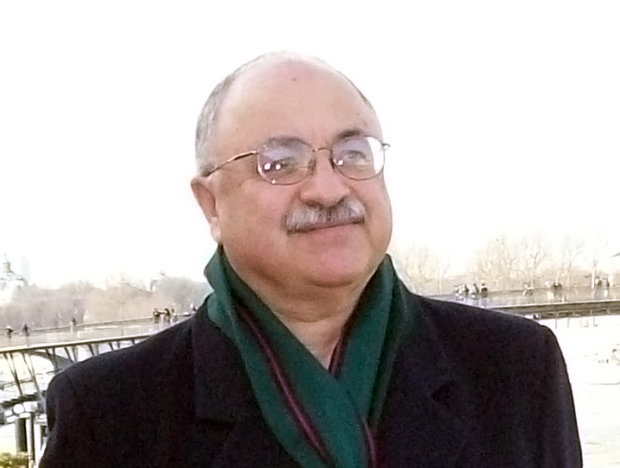Voter turnout is the percentage of eligible voters who cast a ballot in an election. Nader Entesar believes that broad participation of people on polling station is an indication of solidarity between people and the political system which truly demonstrates a country's might at international scene. What follows is Dr. Nader Entessar’s interview with Mehr News Agency:
What correlation do you discern between people’s voting and their political participation?
There is a direct and positive correlation between voter turnout and political efficacy in most societies. A high voter turnout indicates that there are important issues that compel eligible voters to participate in an election. On the contrary, a low voter turnout signals apathy and political disengagement.
Iranian Deputy Interior Minister has estimated that the participation in February 26 elections would be higher than the previous round. What could the reason in your opinion?
It appears that the rate of participation in today's elections may be one of the highest, if not the highest, in the history of parliamentary elections in the Islamic Republic. The high election turnout can be attributed to the nature of these elections that have been defined as a referendum on President Rouhani's policies.
What could be the reasons for the reportedly high participation in February 26 elections in view of the current situation in the region?
As I indicated in my answer to the previous question, both the supporters and opponents of the Rouhani administration have framed the elections as a referendum on President Rouhani's performance. In elections of this nature, normally one can expect a relatively large turnout by supporters and opponents of the incumbent administration.
Nader Entessar is Professor and Chair of the Department of Political Science and Criminal Justice at the University of South Alabama. He is the author of more than 70 articles and book chapters in scholarly publications and has published six books. Dr. Entessar’s latest publications are 'Kurdish Politics in the Middle East' and 'Iran’s Northern Exposure: Foreign Policy Challenges in Eurasia.'
Interview by Javad Heirania
























Your Comment